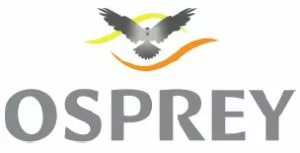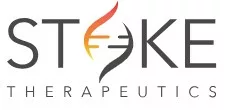Status: In set-up


Background
Autosomal dominant optic atrophy (ADOA) causes progressive vision loss that typically begins in childhood. It occurs when a gene mutation (or error) causes the body to make less of a protein called OPA1. OPA1 protein is needed for vision. Without enough OPA1 protein, vision signals cannot travel from the eye to the brain.
So far there is no treatment available that stops or cures the disease. The Osprey study is researching a study drug (STK-002) for people with ADOA. STK-002 is a type of investigational medicine called an antisense oligonucleotide (ASO) which is a short chain of nucleotides (the basic building block of nucleic acids, like DNA). STK-002 is designed to stimulate your body to make more of the OPA1 protein in your eye.
Objectives
The aims for this study are to:
- Evaluate how safe the study drug (STK-002) is for patients with ADOA
- Find the best dose of the study drug for treating ADOA
- Measure the levels of the study drug in patients bodies (via blood samples)
Who can take part?
- Individuals with a confirmed clinical diagnosis of ADOA and have a OPA1 mutation confirmed at screening visit
- Individuals aged between 18 and 54 years at the time of signing consent
What is involved?
Participants will be required to take part in five stages of the study (approximate total of 48 weeks):
- Stage 1: Screening (Lasting no more than 28 days)
- Stage 2: Baseline (one day – day before treatment day)
- Stage 3: Treatment Day (one day)
- Stage 4: Follow-Up (over 36 weeks)
- Stage 5: Final End of Study Visit or Early Termination
We will ask participants to:
- Attend Addenbrookes Hospital Cambridge, for at least 10 visits over a 48 week period
- Receive 1 injection of the study drug into the eye
- Complete all study assessments, including medical history review, physical examination, genetic testing (buccal swab/blood sample), blood and urine tests, eye exams/visual assessments and quality of life questionnaires